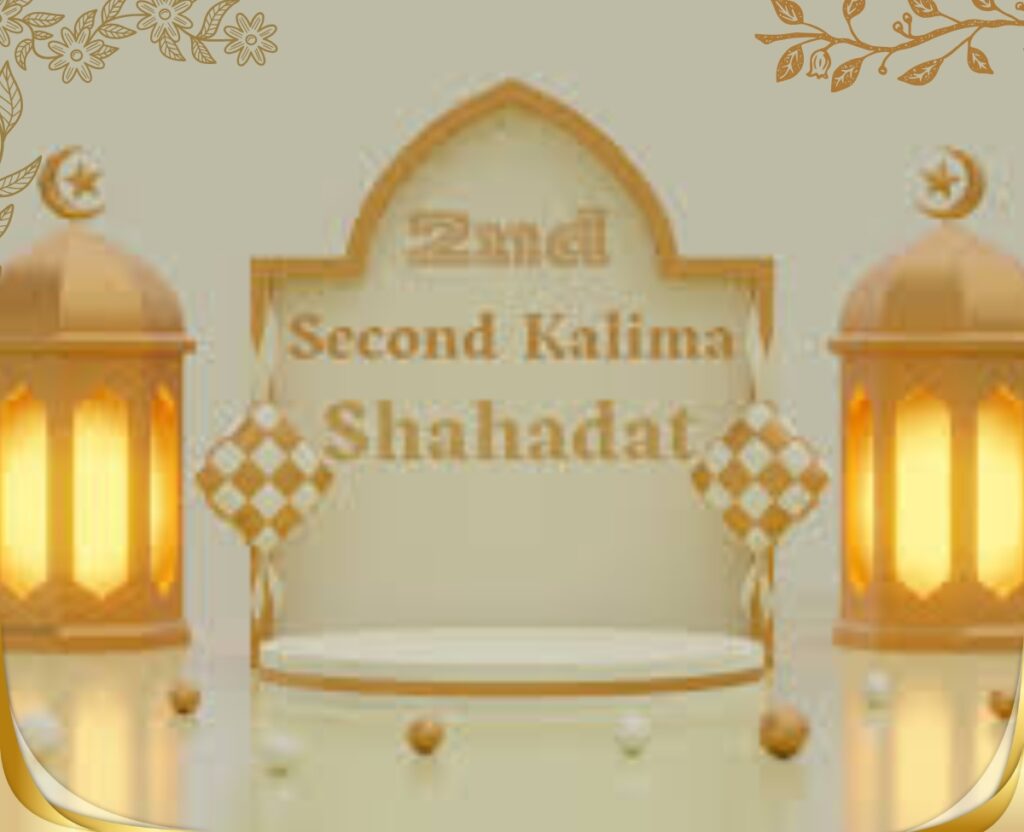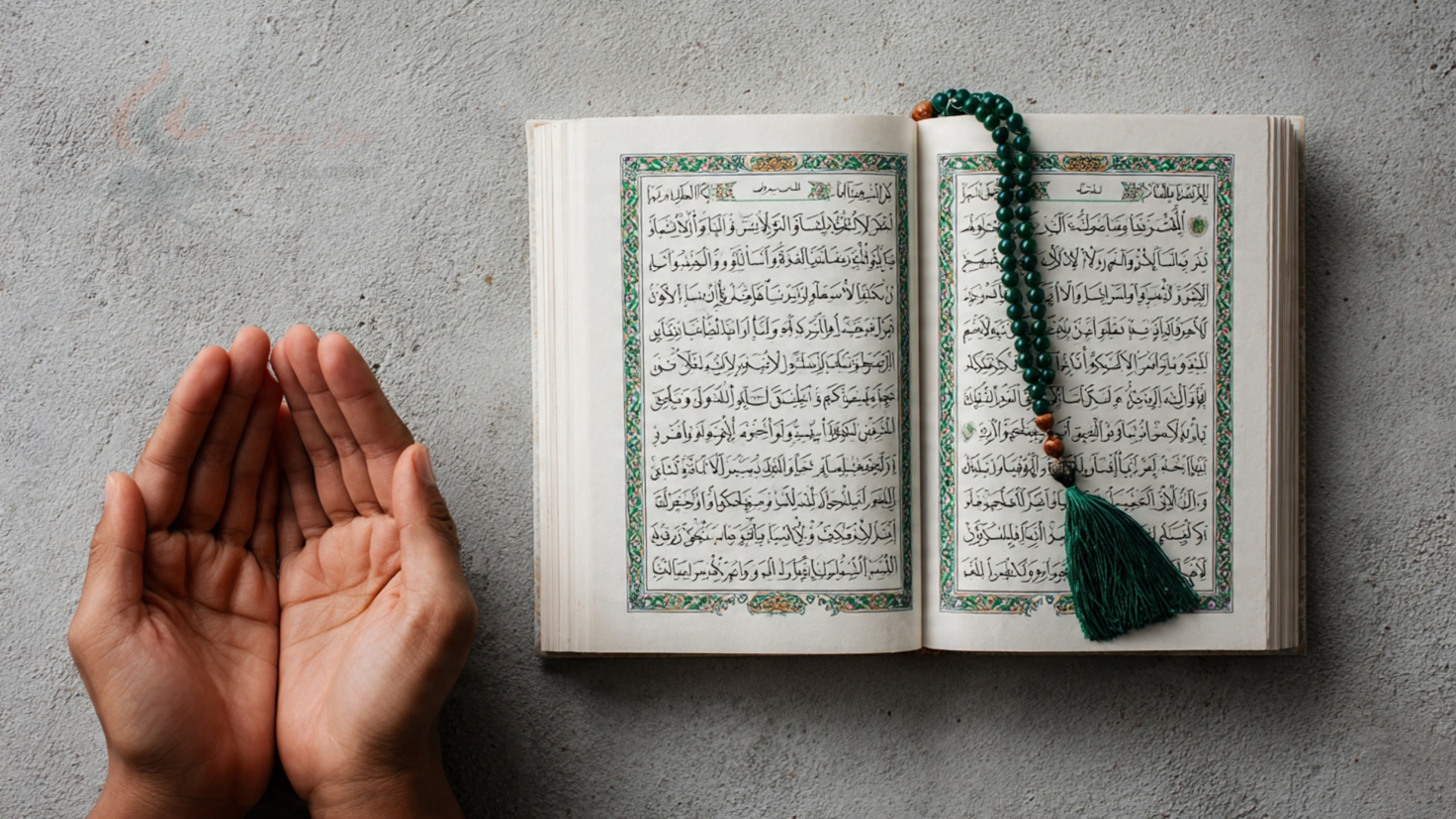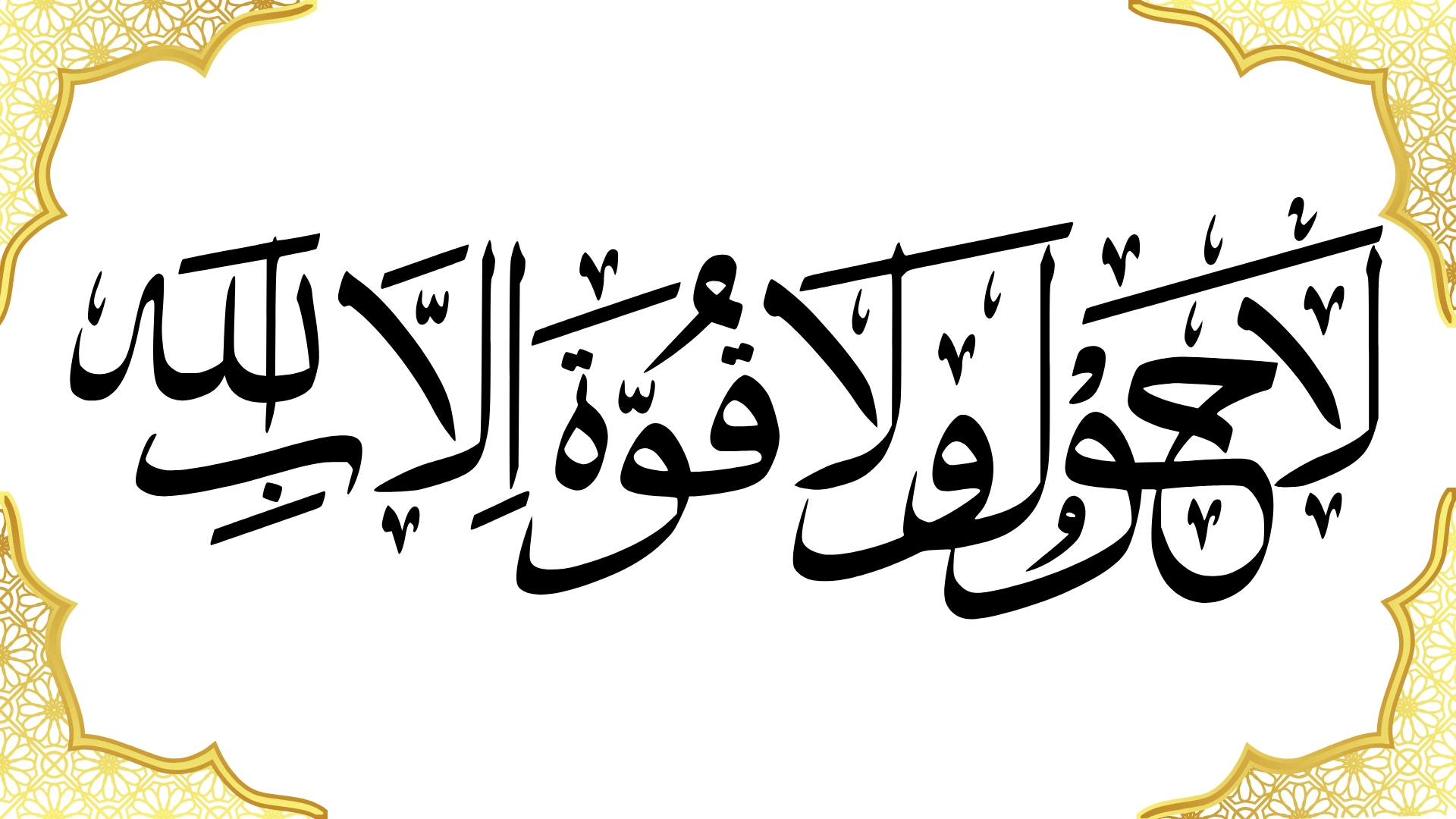The Second Kalima, also known as Kalima Shahadat, holds immense significance in Islamic teachings. It is a clear and concise testimony that reflects the core beliefs of Islam. This declaration binds Muslims to the oneness of Allah and the finality of the prophethood of Muhammad (peace be upon him). Understanding, reciting, and living by this Kalima is a foundational aspect of faith and practice in the lives of Muslims.
This blog explores the meaning, significance, benefits, and applications of the Second Kalima in a clear, engaging, and structured way.
Understanding Kalima Shahadat
Meaning in Arabic, Transliteration, and Translation
Arabic:
أَشْهَدُ أَنْ لَا إِلٰهَ إِلَّا اللّٰهُ وَأَشْهَدُ أَنَّ مُحَمَّدًا عَبْدُهُ وَرَسُولُهُ
Transliteration:
Ashhadu an la ilaha illallahu wa ashhadu anna Muhammadan abduhu wa rasuluh.
Translation:
“I bear witness that there is no deity except Allah, and I bear witness that Muhammad is His servant and His messenger.”
The simplicity of this statement captures the essence of Islam. It emphasizes monotheism (Tawheed) and the acceptance of Muhammad’s role as the last prophet. Both components are compulsory for true belief in Islam.

The Significance of the Second Kalima
Affirming Tawheed
The first part of Kalima Shahadat declares that Allah alone deserves worship. This belief is the core of Islam. Tawheed represents the oneness, supremacy, and uniqueness of Allah. Muslims proclaim that there is no deity or power equal to or beside Him. This deeply ingrained principle serves as a foundation for Islamic teachings and practices.
Acceptance of Prophethood
The second portion highlights Muhammad as Allah’s messenger. Acknowledging him as the final prophet underlines the continuity of divine guidance. Islam affirms that the Prophet conveyed Allah’s last revelations, known as the Quran. His life and practices serve as a guide for Muslims.
Distinction as a Muslim
This Kalima sets a Muslim apart from non-believers. By articulating this testimony, one openly declares alignment with the Islamic faith and its principles.
Benefits of Reciting the Second Kalima
Earning Allah’s Pleasure
Sincerity while reciting the Second Kalima pleases Allah. It is an act of devotion, affirming faith and trust in the Creator. Consistent recitation strengthens the connection with Allah, fostering spiritual contentment.
Protection From Shirk
Shirk, the act of associating partners with Allah, is considered a grave sin in Islam. Reciting Kalima Shahadat regularly reminds Muslims to avoid such errors.
Gateway to Paradise
Hadith narrations highlight significant rewards for those who recite this declaration. Abu Hurairah (may Allah be pleased with him) narrated that completing wudu and saying Shahadat guarantees entry to Paradise through any of its gates.
Strength Against Hardship
Life is full of trials. Reciting this Kalima offers solace and strength. It reaffirms that Allah is always in control, guiding believers through faith and patience during challenges.
Practical Application in Daily Life
Essential for Worship
Shahadat is an integral component of daily Islamic prayers. During adhan (call to prayer) or iqama, this Kalima is boldly announced. Muslims repeat it as an act of devotion.
Presence in Key Moments
The Second Kalima often accompanies significant life events. At the birth of a child, its recital in the newborn’s ear serves as an initial supplication. Similarly, it is recommended in continuous remembrance, especially during critical phases like death.
Guiding Behavior
Living according to this declaration requires aligning actions with faith. Muslims are encouraged to reflect on the meanings daily. Our speech, decisions, and behaviors should mirror the sincerity of our proclamation.
Preaching and Dawah
Spreading the message of monotheism and prophethood becomes an act of dawah (inviting others to Islam). Sharing the beauty of this Kalima can inspire non-Muslims toward understanding Islam and its principles.
Core Benefits in Depth
Strengthening Faith
This Kalima serves as a constant reminder of one’s purpose. Regular remembrance strengthens bonds with Allah and avoids spiritual complacency.
Seeking Forgiveness
Through its recital, Muslims feel encouraged to repent for sins and restart their spiritual commitment.
Spiritual Peace
Reciting the Second Kalima creates inner tranquility. Its meaning reminds believers of Allah’s vastness and mercy.
Role in Islamic Teachings
Foundational to Islamic Identity
The centrality of Shahadat is evident in Quranic teachings and Sunnah. Countless verses emphasize belief in Allah’s oneness and the messengership of Muhammad.
Linking Practice With Belief
The Kalima ties actions to intentions. Its recitation motivates reflection on conduct. It inspires living a life centered on honesty, charity, and devotion.
Guidance in Adversity
For Muslims experiencing doubt or trials, reciting this testimony injects hope. It reminds them of a greater plan designed solely by Allah.
Teaching the Next Generation
Islamic education often begins with these Kalimas. Parents intentionally teach children to memorize, understand, and recite them. The simplicity of their words makes them ideal for early learning. Additionally, youth are encouraged to embody their lessons throughout life.
Clarifying Misunderstandings
Importance of Actions
Believing in Shahadat goes beyond verbal confirmation. It requires reflecting its truth through actions. Some mistakenly assume that recitation alone is sufficient, while true faith demands consistency of deeds with words.
Avoiding Traditional Mistakes
Reciting phrases without understanding fosters superficial adherence. Muslims are encouraged to engage intellectually and spiritually with this Kalima, ensuring its integration into their lives.
A Unique Perspective
The Second Kalima often goes unnoticed in day-to-day routines. While other forms of worship capture attention, this eternal declaration remains a silent yet profound companion. It is not exclusive to prayer time. Rather, it accompanies believers from birth to death, silently shaping their Islamic identity.
Conclusion
The Second Kalima embodies the core of Islam in its brief yet powerful testimony. It reminds Muslims to uphold Tawheed and accept Muhammad’s finality in prophethood. Beyond recitation, it is a solemn commitment to practice Islam truthfully. This Kalima acts as the key to Paradise, a shield against sin, and a pathway to Allah’s blessings. Reciting it is an opportunity, but living by its essence is a privilege. Muslims striving in faith find solace, guidance, and hope within its meaning. The simplicity of Kalima Shahadat resonates deeply with hearts globally, uniting the Ummah under shared faith and purpose.




